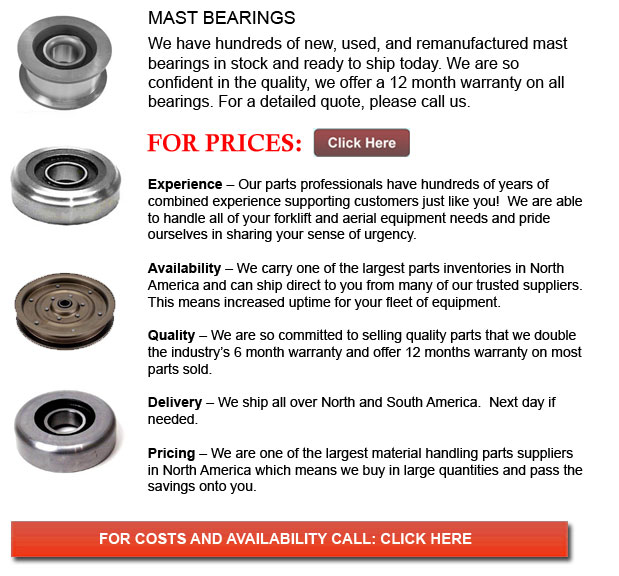
Mast Bearings - A bearing is a device that allows constrained relative motion between two or more components, often in a linear or rotational sequence. They can be broadly defined by the motions they allow, the directions of applied weight they could take and according to their nature of operation.
Plain bearings are usually used in contact with rubbing surfaces, normally along with a lubricant like graphite or oil too. Plain bearings can either be considered a discrete device or non discrete device. A plain bearing may have a planar surface that bears one more, and in this particular situation would be defined as not a discrete gadget. It may comprise nothing more than the bearing surface of a hole together with a shaft passing through it. A semi-discrete instance would be a layer of bearing metal fused to the substrate, while in the form of a separable sleeve, it would be a discrete device. Maintaining the proper lubrication allows plain bearings to provide acceptable friction and accuracy at minimal cost.
There are various kinds of bearings that can improve accuracy, reliability and cultivate effectiveness. In various applications, a more appropriate and specific bearing can better service intervals, weight, size, and operation speed, therefore lowering the whole expenses of using and buying equipment.
Several kinds of bearings along with different lubrication, shape, material and application are available. Rolling-element bearings, for example, utilize spheres or drums rolling between the components in order to reduce friction. Reduced friction provides tighter tolerances and higher precision compared to plain bearings, and less wear extends machine accuracy.
Plain bearings can be constructed of plastic or metal, depending on the load or how corrosive or dirty the surroundings is. The lubricants that are used may have considerable effects on the friction and lifespan on the bearing. For example, a bearing could be run without whichever lubricant if continuous lubrication is not an alternative in view of the fact that the lubricants can attract dirt that damages the bearings or device. Or a lubricant may enhance bearing friction but in the food processing industry, it may need being lubricated by an inferior, yet food-safe lube to be able to avoid food contamination and guarantee health safety.
Most bearings in high-cycle uses need some lubrication and cleaning. They can require regular adjustment in order to minimize the effects of wear. Various bearings can need irregular repairs so as to avoid premature failure, although fluid or magnetic bearings can require not much preservation.
A well lubricated and clean bearing will help extend the life of a bearing, however, several kinds of uses may make it a lot more difficult to maintain constant upkeep. Conveyor rock crusher bearings for instance, are normally exposed to abrasive particles. Frequent cleaning is of little use for the reason that the cleaning operation is expensive and the bearing becomes dirty again when the conveyor continues operation.
![]() Click to Download the pdf
Click to Download the pdf
Forklift Parts
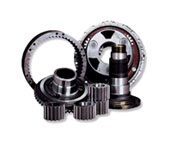
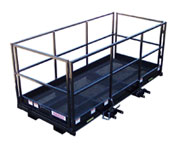
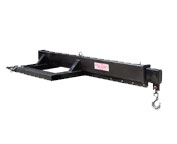
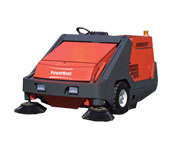
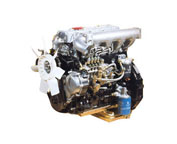

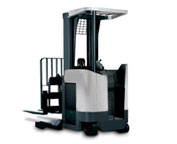
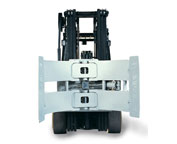
Lift Parts Express
TOLL FREE: 1-888-695-7994
Kansas City, Missouri
forkliftpartskansascity.com
Email Us
About Us


